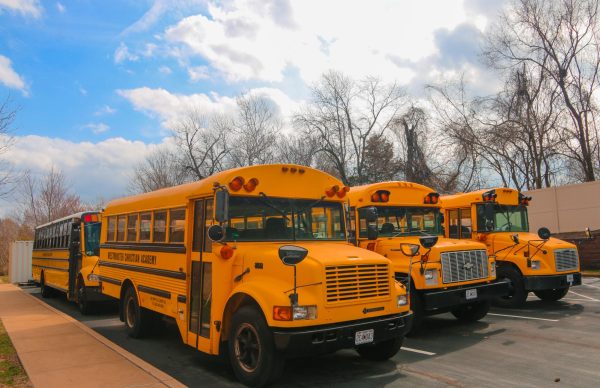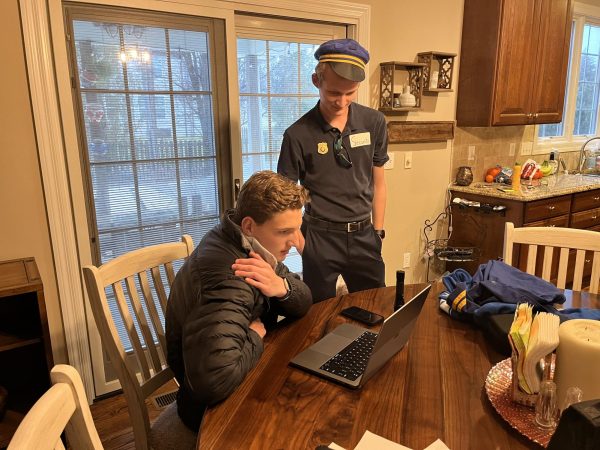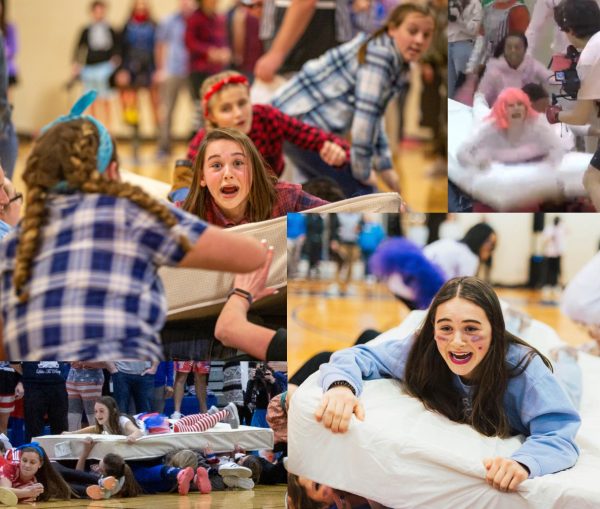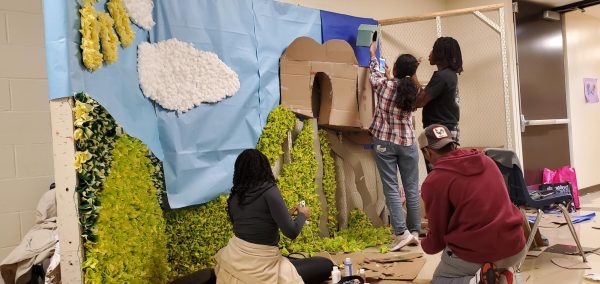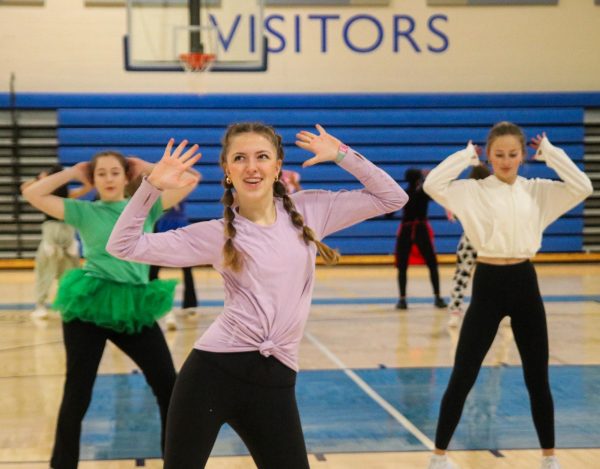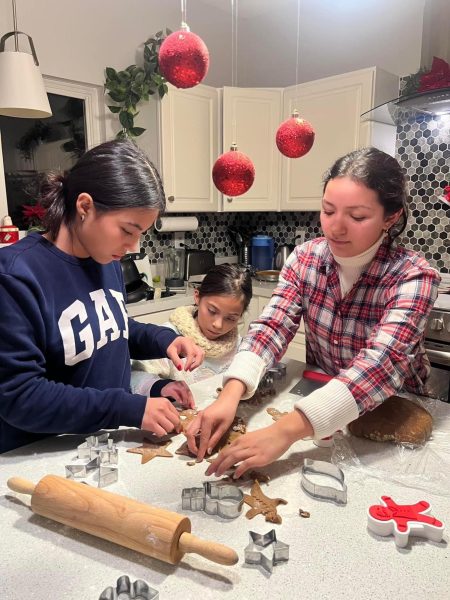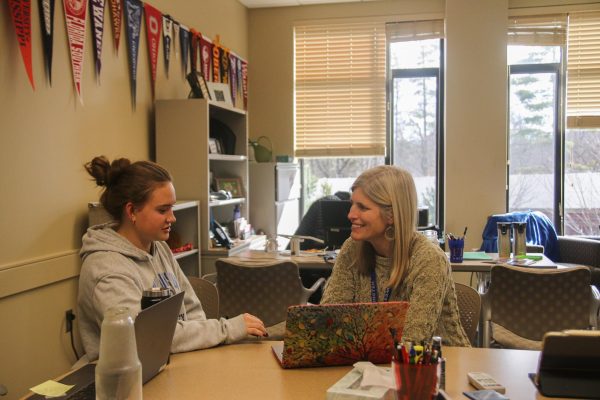Missed Memories
Starting as early as age 50, people with Alzheimer’s start to forget their families, friends,and the things they love the most.
“Many people with early onset are in their 40s and 50s. They have families, careers or are even caregivers themselves when Alzheimer’s disease strikes. In the United States, it is estimated that approximately 200,000 people have early onset,” says the Alzheimer’s Foundation.
I have had personal experience dealing with this as my grandfather, David Francois, suffered from Alzheimer’s at an early age.
“The signs started at age 62 but he wasn’t diagnosed until a few years later because we didn’t know what was going on, we just thought he was acting not himself,” says Curtis Francois, son to David Francois.
By the time I was born, my grandfather had full-fledged Alzheimer’s and he couldn’t even remember my name or who I was. One of my earliest memories of my grandfather, is going to visit him in the retirement facility and having the explain to him every time I visited that I was is granddaughter.
I often think about how my relationship with my grandfather would have been different if did not have alzheimer’s. He would have remembered to ask about school or how my soccer game went. We would have been able to have a conversation, or go out to eat. Missing out on these memories is difficult but there is hope for a cure.
Researchers are looking for new treatments to alter the course of the disease and improve the quality of life for people with dementia. People who have had a family member with early-onset Alzheimer’s have an greatly increased to risk of getting it themselves.
“The probability that close family members (brothers, sisters, children, and grandchildren) will develop [early-onset] Alzheimer’s disease is one in two,” the Alzheimer’s foundation also explains. This is scary reality for many people. However, some just take it as reminder to trust God and live life to the fullest. “It doesn’t scare me because the Lord is going to do what He is going to do. But, you have to make sure to use the gifts God has given you to the best of your ability while you can,” Curtis Francois reflects.
People often use sayings such as “you only live once” as an excuse to do stupid things, but when someone is at a high risk for a illness that impairs their memory and will essential cause a slow and painful death they really do have to think long and hard about their purpose on the earth. But, the lessons learned by those who are affected by Alzheimer’s can also be applied to everyday life. The things that most people take for granted like remembering their friend’s name or having a conversation with their brother can be gone in an instant. So next time your day feels like it it couldn’t get any worse, remember appreciate the moments you have been given because they truly are short and fleeting.



